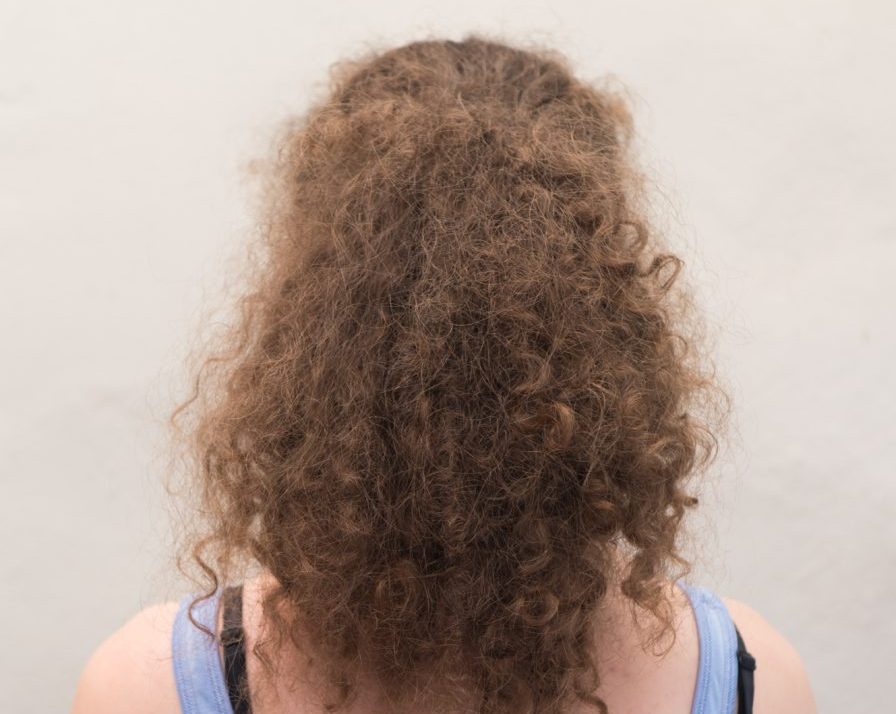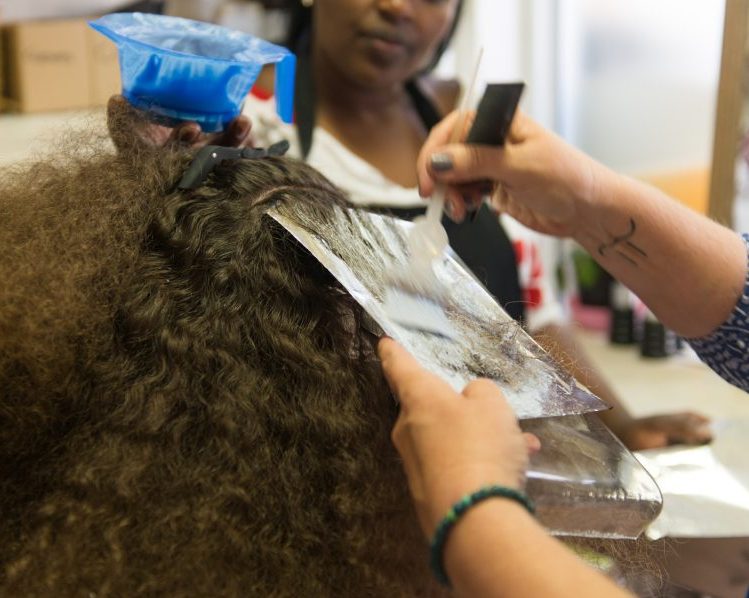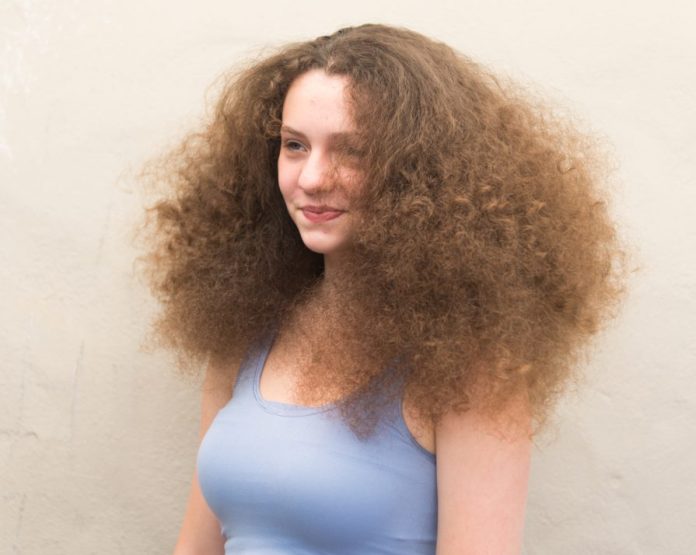If you are looking for top tips for hair types, look no further. Reneé Potgieter is a natural hair health activist and colour alchemist who has undertaken a quest to change the hair care industry from one that promotes total transformation to one that advocates the radical self-celebration of inner and outer beauty.
Embrace Your Natural Texture of Hair
From her 25 years in the industry, Reneé knows that all hair textures are beautiful and it is the skill of the hair handler that makes the difference.
Tips for different natural hair types
It is a familiar and widespread paradox in the hair industry – those with curly hair are determined to achieve a straight silk-like look and those with straight hair spend hours with the curling iron, spraying hairspray liberally in pursuit of some volume.
Don’t Over Wash Your Hair
It seems simple but how many times a week you wash your hair has an impact on the health of your hair. It all depends on what you do daily. Activities such as exercise, going to the beach or environmental factors like a windy dusty day and smoke-filled rooms take their toll. If you use a gentle shampoo that is sensitive to the scalp’s pH level you should be able to wash your hair as often as needed. Just remember less is more no matter what hair type, and rinsing then nourishing your hair can be as effective as using shampoo.

1) Take Care of Your Scalp – It’s the scalp that determines the level of oil excreted onto your hair and therefore how often you need to wash it. Dryer and coarser hair types absorb this oil much better than finer hair types resulting in those with fine hair needing to rinse it more regularly. The natural oils produced by your scalp are the best food for your hair and over-washing especially with the wrong shampoo wreaks havoc with the pH.
2) Be Selective With Your Products – All hair needs nourishment and cleansing to remove the impurities we are unavoidably exposed to. These include chlorine and heavy metals from our water, medications and chemical treatments like tinting or foiling and build-up from styling products to name but a few. The overuse of products causes build-up that results in real nourishment being blocked from penetrating the hair and scalp. This derails the natural processes of your body totally and can result in hair drying out or being weighed down. The products that are offered on the shelves of your favourite shop have marketing teams behind them so be selective of what is good for your hair and what is wordplay. Checking that products are sulphate, alcohol and paraben-free is a good place to start.
3) Use Natural Nourishing Treatments – Natural products that tend to be plant-based are less likely to cause build-up because they don’t use petrochemicals. Petrochemicals are a waste product of the petroleum industry and have no place in a gentle personal care product or routine. Oils are fantastic for hair if they are of good quality, but it is important that they are cleaned off correctly or they will leave the hair oily and heavy. Additionally, a good nourishing hair mask will go a long way if left on for a while. Beware of “Green Washing” by advertisers as this can take you off course; I have seen some ‘natural’ products produce worse build-up on hair because the company producing them didn’t understand hair.

4) Be Gentle With Interventions – When you do hard styling – braids, cornrows, or mechanically changing texture with blowouts and straighteners – you put a huge amount of strain on your hair. In ethnic women who have used these methods for many years, I often see the hairline recede totally from having the follicle pulled out by many weighty weaves. The same goes for caucasian women who add heavy extensions, the weight of which pulls their natural hair out or breaks due to the load. Even worse bonded or glued extensions don’t like oils in products which usually eliminates more natural options. If you walk away from a salon visit and your hair feels dryer, more fragile or your scalp hurts you need to re-evaluate your hair treatments.
5) Use Accessories as an Alternative – Clip-in braids and extensions are the best alternatives for a little change without putting the hair under strain. Using wigs and wraps is a great way to get some variety in your look without lengthy salon visits and or chemical exposure. And of course, silk scarves and hats have always provided a great way to add to your look without causing any damage. 2021 Fashion weeks all over the globe are testifying how exquisite the addition of beads, hair wraps, braids, and slides can be.
READ MORE: How To Go From Damaged Hair to Luscious Locks
Be careful, wigs that are worn too long don’t allow the scalp to breathe so remember to give your scalp a break in the evenings, especially if you wear your wig daily.
Even though some may not be ready to walk away from a styled approach altogether, getting into a gentle regime by reacquainting yourself with your natural texture is a start to embracing your individuality.
MORE ABOUT: 25 Best Hair Tips That Pro Stylists Have Ever Told Us
Each head of hair is unique and if we are to truly accept ourselves and take our self-care to a more authentic place, we need to be educated on how to work with the texture and not against it. Here are your Top Tips for Hair Types.


